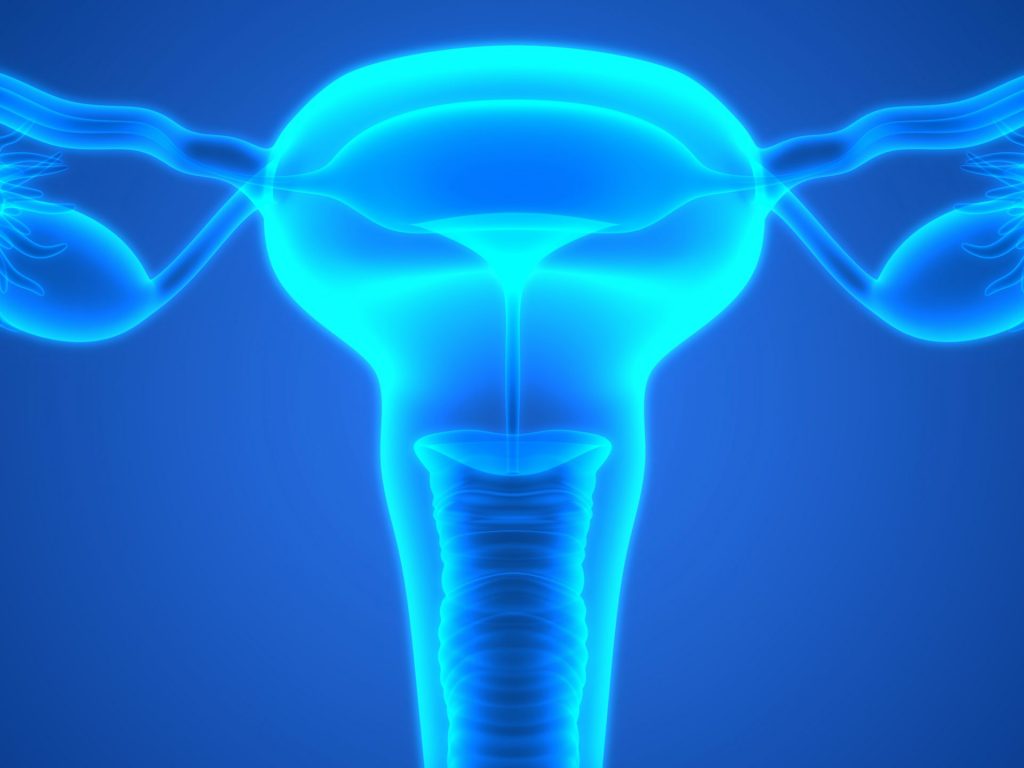This March, for Ovarian Cancer Awareness Month, we’ve put together this blog to raise awareness and help those who may be concerned about their fertility after treatment.
What is Ovarian Cancer?
Ovarian cancer is a type of cancer that begins in the ovaries. It is one of the most common types of cancer in women and mainly affects those who have been through the menopause; however it can also affect younger women.
Ovarian cancer often goes undetected until it has spread and at this late stage, makes the cancer more difficult to treat. This is why is it so important to raise awareness of the symptoms it can cause.
Symptoms of ovarian cancer are:
- Persistent bloating, not bloating that comes and goes
- Feeling full quickly and/or loss of appetite
- Pelvic or abdominal pain
- Needing to wee more urgently or more often than usual
How can Ovarian Cancer affect fertility?
Treatment for ovarian cancer can trigger an early menopause. It may also require removal of organs needed for a pregnancy. Certain cancer treatments can affect hormone levels or cause damage to a female’s eggs.
If your cancer treatment involves chemotherapy, you’ll usually be advised to avoid becoming pregnant for a couple of years in case the cancer comes back and you require further treatment.
Fertility Preservation
Whilst treatment of the cancer is of primary concern, it is useful to discuss your fertility preservation options with a specialist as soon as possible. This is because these options may only be available for a very short time after the cancer is diagnosed.
Several options are available to preserve your fertility after an ovarian cancer diagnosis. These include oocyte (egg) freezing or embryo freezing.
The process for both involves interrupted IVF, which begins with stimulation using drugs over a period of two to four weeks. Eggs are then harvested and vitrified, or fertilised with a partner’s sperm and embryos are created and then vitrified.
Once the cancer treatment is completed and your oncologist has given you the all-clear, you may then continue with the second stage of your IVF. This is where the eggs are thawed and fertilised before being transferred into your uterus.

